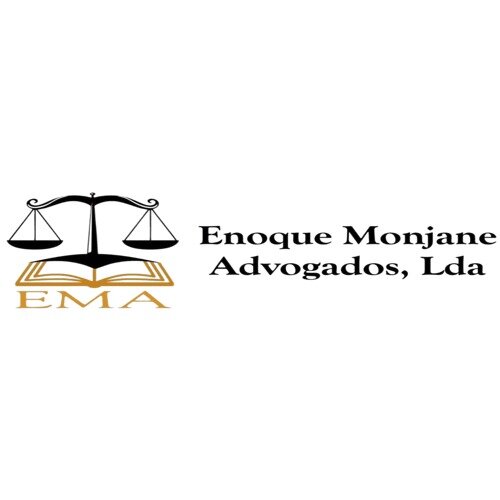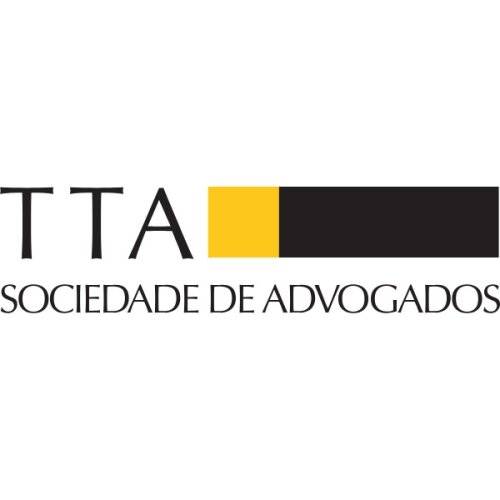Best Wrongful Termination Lawyers in Maputo
Share your needs with us, get contacted by law firms.
Free. Takes 2 min.
List of the best lawyers in Maputo, Mozambique
About Wrongful Termination Law in Maputo, Mozambique
Wrongful termination in Maputo, Mozambique, occurs when an employer unlawfully ends an employee's contract of employment. This could be due to violations of Mozambican labor laws which ensure protections against discrimination, unfair dismissal processes, and other unlawful reasons for termination. Mozambique’s labor laws are designed to protect employees and ensure fair treatment in the workplace.
Why You May Need a Lawyer
There are several scenarios where you might need legal assistance for a wrongful termination case:
Discrimination: If you believe your termination was based on race, gender, religion, disability, or other protected characteristics.
Retaliation: If you feel you were fired for reporting unethical behavior or participating in lawful activities like whistleblowing.
Breach of Contract: If your termination violates terms laid out explicitly in your employment contract.
Unlawful Reasons: If your employer terminated you for reasons that are prohibited by local labor laws.
Insufficient Severance Pay: If you believe you did not receive the appropriate severance payment as stipulated by law.
Local Laws Overview
Here are some key aspects of the local laws on wrongful termination in Mozambique, particularly relevant to cases in Maputo:
Labor Law: Mozambique’s Labor Law No. 23/2007 outlines the circumstances under which employee contracts can be terminated and the rights of employees to fair treatment.
Dispute Resolution: Mozambique has a structured system for labor dispute resolution which includes negotiation, conciliation, and arbitration.
Notice Periods: The law specifies mandatory notice periods that employers must give before terminating an employment contract.
Severance Pay: The law requires employers to provide severance pay, which is calculated based on the duration of employment and the specific terms of the employment contract.
Protected Categories: Employees cannot be dismissed based on discrimination against protected categories which include gender, race, disability, etc.
Frequently Asked Questions
What constitutes wrongful termination in Maputo, Mozambique?
Wrongful termination in Maputo typically involves termination that violates labor laws, including termination without proper notice, without cause, or due to discrimination.
What should I do if I believe I have been wrongfully terminated?
Seek legal advice as soon as possible. Gather all your employment documents, and any evidence that can support your claim of wrongful termination.
How long do I have to file a complaint about wrongful termination?
It's crucial to act quickly. The statute of limitations can vary, but generally, the sooner you seek legal advice and file a complaint, the better.
Can I get my job back after a wrongful termination?
In some cases, reinstatement is possible if the court rules in your favor, although it depends on the specific circumstances and the willingness of the employer.
What kind of compensation can I receive for wrongful termination?
Compensation can include lost wages, severance pay, and sometimes damages for emotional distress or punitive damages if the termination was particularly egregious.
Is it expensive to hire a lawyer for a wrongful termination case?
Costs vary based on the complexity of the case and the lawyer's experience. Some lawyers may work on a contingency basis, meaning they only get paid if you win your case.
What evidence do I need to prove wrongful termination?
Documentation such as employment contracts, termination letters, emails, performance reviews, and witness testimonials can be crucial in proving wrongful termination.
Can I represent myself in a wrongful termination case?
While you can represent yourself, it is advisable to have a lawyer who understands the complexities of labor laws and can effectively argue your case.
Are there organizations that can help me with my wrongful termination case?
Yes, local labor unions, advocacy groups, and governmental bodies often provide resources and assistance for employees facing wrongful termination.
What if my employer offers a settlement? Should I accept it?
Before accepting any settlement, consult with a lawyer to ensure that it is fair and in your best interest.
Additional Resources
For further assistance, you may consider reaching out to the following resources:
Ministry of Labor and Social Security: Provides guidance on labor laws and workers' rights.
Local Labor Unions: Often offer advice and support for wrongful termination cases.
NGOs and Advocacy Groups: Organizations like the Mozambican Workers' Union (OTM) can provide additional support.
Legal Aid Services: Consider seeking help from legal aid services which may provide free or low-cost assistance.
Next Steps
If you need legal assistance for wrongful termination, follow these steps:
Consult a Lawyer: Contact a lawyer who specializes in labor law to discuss your case.
Gather Evidence: Compile all relevant documents and any evidence that supports your claim of wrongful termination.
File a Complaint: With the guidance of your lawyer, file a formal complaint with the local labor authority or court.
Follow Legal Advice: Adhere to your lawyer's recommendations and be prepared for mediation or court proceedings.
Stay Informed: Keep up to date with the progress of your case and any legal developments that may affect it.
Lawzana helps you find the best lawyers and law firms in Maputo through a curated and pre-screened list of qualified legal professionals. Our platform offers rankings and detailed profiles of attorneys and law firms, allowing you to compare based on practice areas, including Wrongful Termination, experience, and client feedback.
Each profile includes a description of the firm's areas of practice, client reviews, team members and partners, year of establishment, spoken languages, office locations, contact information, social media presence, and any published articles or resources. Most firms on our platform speak English and are experienced in both local and international legal matters.
Get a quote from top-rated law firms in Maputo, Mozambique — quickly, securely, and without unnecessary hassle.
Disclaimer:
The information provided on this page is for general informational purposes only and does not constitute legal advice. While we strive to ensure the accuracy and relevance of the content, legal information may change over time, and interpretations of the law can vary. You should always consult with a qualified legal professional for advice specific to your situation.
We disclaim all liability for actions taken or not taken based on the content of this page. If you believe any information is incorrect or outdated, please contact us, and we will review and update it where appropriate.















